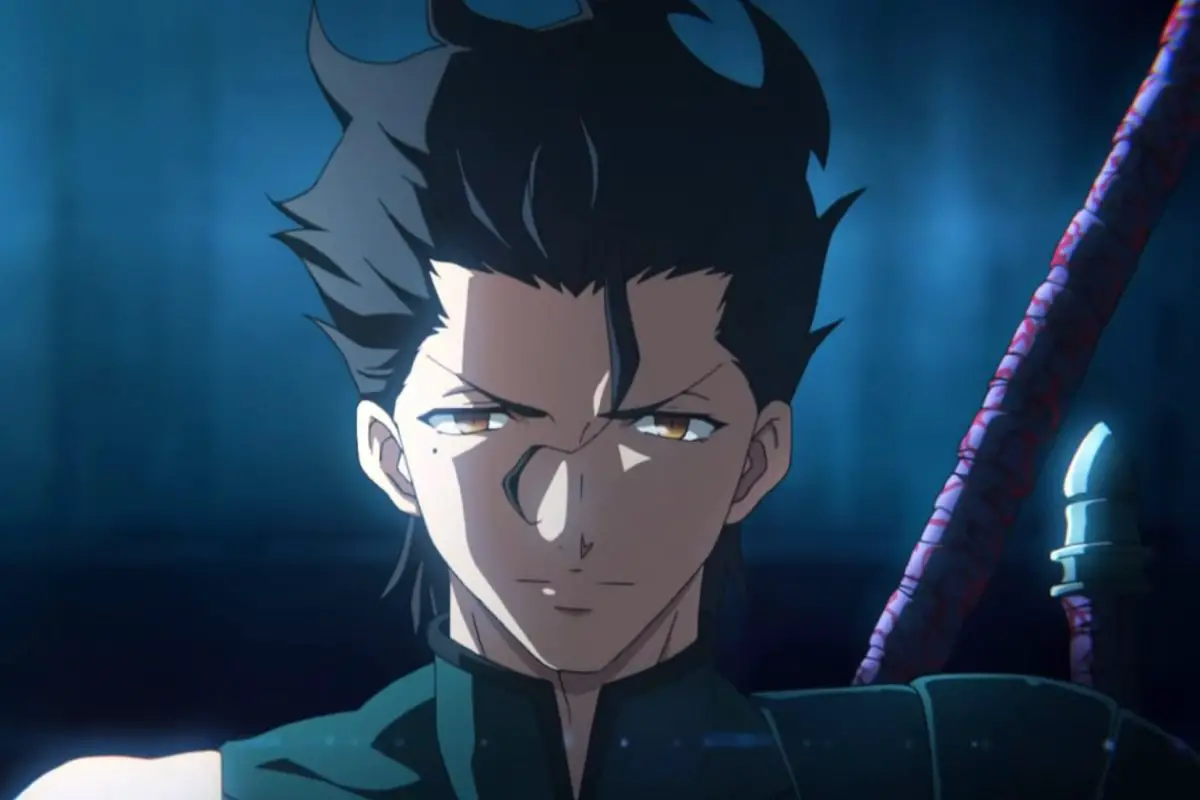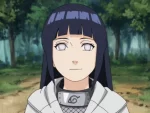“Fate/Zero,” originally a Japanese light novel later adapted as an anime, depicts a conflict between several mages battling for control over the Holy Grail, an omnipotent wish-granting device. The show is a prequel to the more popular show, “Fate/Stay Night.” ”Fate/Zero” only ran for 25 episodes, but it has a stronger and more coherent plotline than many longer shows.
Once the Grail selects the mages who will participate in the war, the chosen mages receive holy artifacts that allow each of them to summon a powerful hero from the past, such as Alexander the Great or Gilgamesh, to fight alongside them and help them eliminate the other contestants. The show’s combination of exciting fight scenes, diverse character development and commentary on human nature makes it a must-watch anime.
Even though every major character in the show technically qualifies as a mage, their abilities and backstories all differ immensely from one another, which adds a great layer of depth to the plot. The main character, Emiya Kiritsugu, known as the Anti-Mage, served as a hired mercenary who combined his magic with cunning and deceit to assassinate his targets. Though he once sought to become a hero of justice through pure means, personal tragedies jaded Kiritsugu, and he now pursues the Grail to purify the world of injustice.
Every other participant in the war also has their own motivations for desiring the Grail. Tohsaka Tokiomi, a scholarly mage, seeks to find Root, the cause of all magic, as part of his family’s eternal quest. Waver Velvet, a student at a mage school, wants to prove that a mage who does not come from a prominent family can still attain proficiency in magic. Matou Kariya wants to rekindle the bond between two siblings, Rin and Sakura Tohsaka, who have been separated as a result of mage customs, which stipulate that only one daughter can inherit a prominent family’s special magic.
Ryunosuke Uryu is a serial killer who simply wants to find new ways to kill people. Kayneth Archibald seeks to maintain traditional mage values. Finally, Kotomine Kirei initially believes he has no reason to desire the Grail, but he slowly begins to feel an emptiness within himself that he wants to get rid of via the Grail. The show uses flashbacks to develop each of these stories, and viewers will become emotionally invested in all of them.
Moreover, each participant develops a distinct relationship with their summoned hero. Some respect and want to serve their masters, while others have to be forcibly controlled. For instance, Alexander the Great’s superior strength in comparison to the relatively unimpressive abilities of Waver, his master, leads him to take most of the initiative in their quest. Lancer, on the other hand, remains stoutly devoted to his master, Kayneth, almost to a fault. These relationships create a complex but engaging plotline for viewers to follow, as each relationship affects a participant’s quest to claim the Holy Grail.
While this universe ostensibly revolves around fictional concepts of magic and summoning, the show touches on very important aspects of human nature that will resonate with most viewers.
One of the show’s most consistent motifs follows Kiritsugu’s moral code; he repeatedly commits atrocities and uses underhanded methods to win, but he repeatedly justifies them with promises to use the Grail to remove evil from the world. He argues that using pure, honorable methods will only cause more devastation and harm in the long run. Thus, he adheres to a hardline consequentialist paradigm in which an action’s outcome determines its morality, regardless of how pure one’s intentions are.
Utilitarian models also feature heavily in his backstory, such as the ethical dilemmas of choosing between which set of lives one can save and whether one ought to strategize specifically to save the highest number of lives, regardless of methodology. His methods cause significant conflict between himself and his summoned servant, King Arthur, who believes in a knightly code of honor and chivalry regarding battle, and he wishes to replicate that in the quest to retrieve the Grail.
The other characters also reflect various virtues and vices through their personalities and actions. By watching the mages’ battles against one another, viewers can observe the individual progression of each character and will develop attachments to them as a result. After all, issues of morality, healthy and unhealthy relationships and tactical deception are not only fascinating concepts to reflect on, but also common experiences that many people can relate to.
The fight scenes in “Fate/Zero” largely speak for themselves, but one tangible element that separates the show from other mainstream shōnen anime is the continuity in fights. Although the show does feature some pauses in action to allow viewers a deeper glance into the characters’ minds, the show does not suffer from long segments where characters simply stare each other down, a common weakness in many popular animes.
Instead, the action in “Fate/Zero” achieves the perfect balance of maintaining a high pace and allowing enough time to pause and reflect on the significance of critical events. For example, the fight between Alexander the Great and Gilgamesh, who serve Waver Velvet and Tohsaka Tokiomi, respectively, excites viewers by emphasizing the rapid movements of the two heroes in real time, but it also gives viewers time to mourn during Alexander the Great’s defeat and death using slow-motion effects and a powerful internal monologue.
Overall, “Fate/Zero” provides a quick but rewarding viewing experience. The show paces itself well and engages the audience with plenty of food for thought. The show’s surface-level details, such as the animation and soundtrack, are impressive in their own right, but the true appeal lies in the show’s deeper message regarding universal themes, such as greed, ethical dilemmas and loyalty. As fantastical as some of the show’s elements are, “Fate/Zero” also teaches lessons that carry a chilling degree of weight.
















